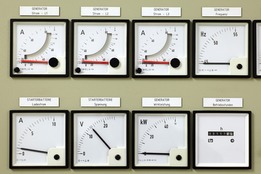1
a
: a small usually walled and often paved area open to the sky and adjacent to a building : court
b
: the grounds of a building or group of buildings
2
: the grounds immediately surrounding a house that are usually covered with grass
3
a
: an enclosure for livestock (such as poultry)
b(1)
: an area with its buildings and facilities set aside for a particular business or activity
(2)
: an assembly or storage area (as for dry-docked boats)
c
: a system of tracks for storage and maintenance of cars and making up trains
4
: a locality in a forest where deer herd in winter
1
: of, relating to, or employed in the yard surrounding a building
yard light
2
: of, relating to, or employed in a railroad yard
a yard engine
yarded; yarding; yards
2
: to deliver to or store in a yard
: to congregate in or as if in a yard
1
: any of various units of measure: such as
a
: a unit of length equal in the U.S. to 0.9144 meter see Weights and Measures Table
b
: a unit of volume equal to a cubic yard
2
a
: a great length or quantity
remembered yards of facts and figures
b
slang
: one hundred dollars
3
: a long spar tapered toward the ends to support and spread the head of a square sail, lateen, or lugsail
4
: a slender glass about three feet tall having a flared opening and a bulbous bottom
also
: the amount it contains
a yard of ale
Love words? Need even more definitions?
Merriam-Webster unabridged












Share